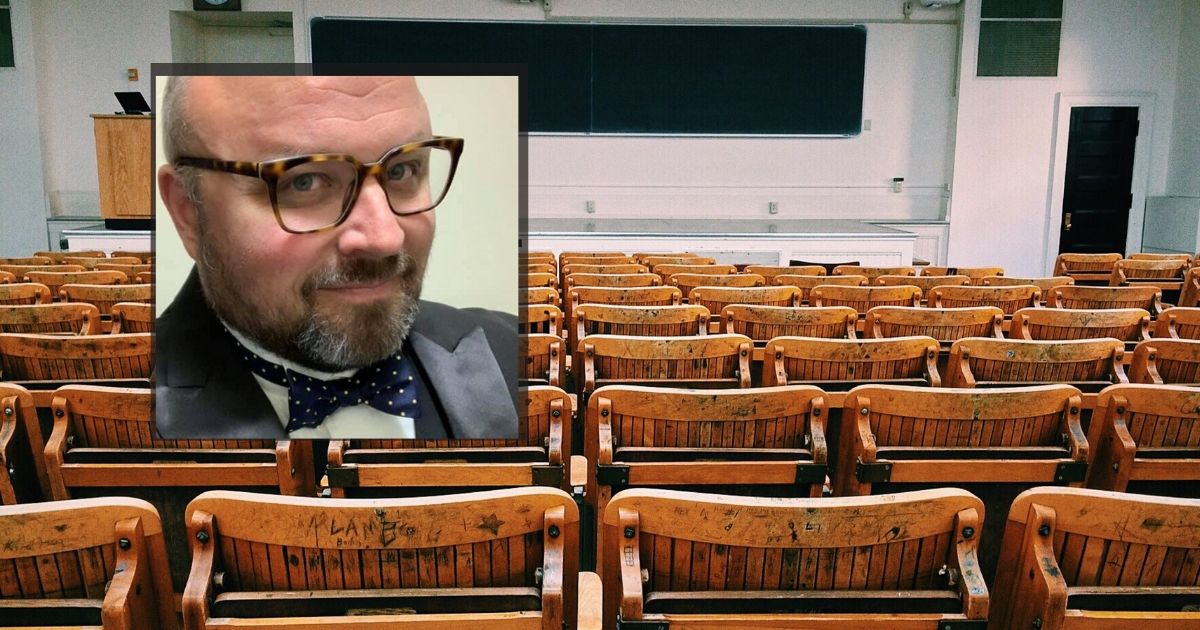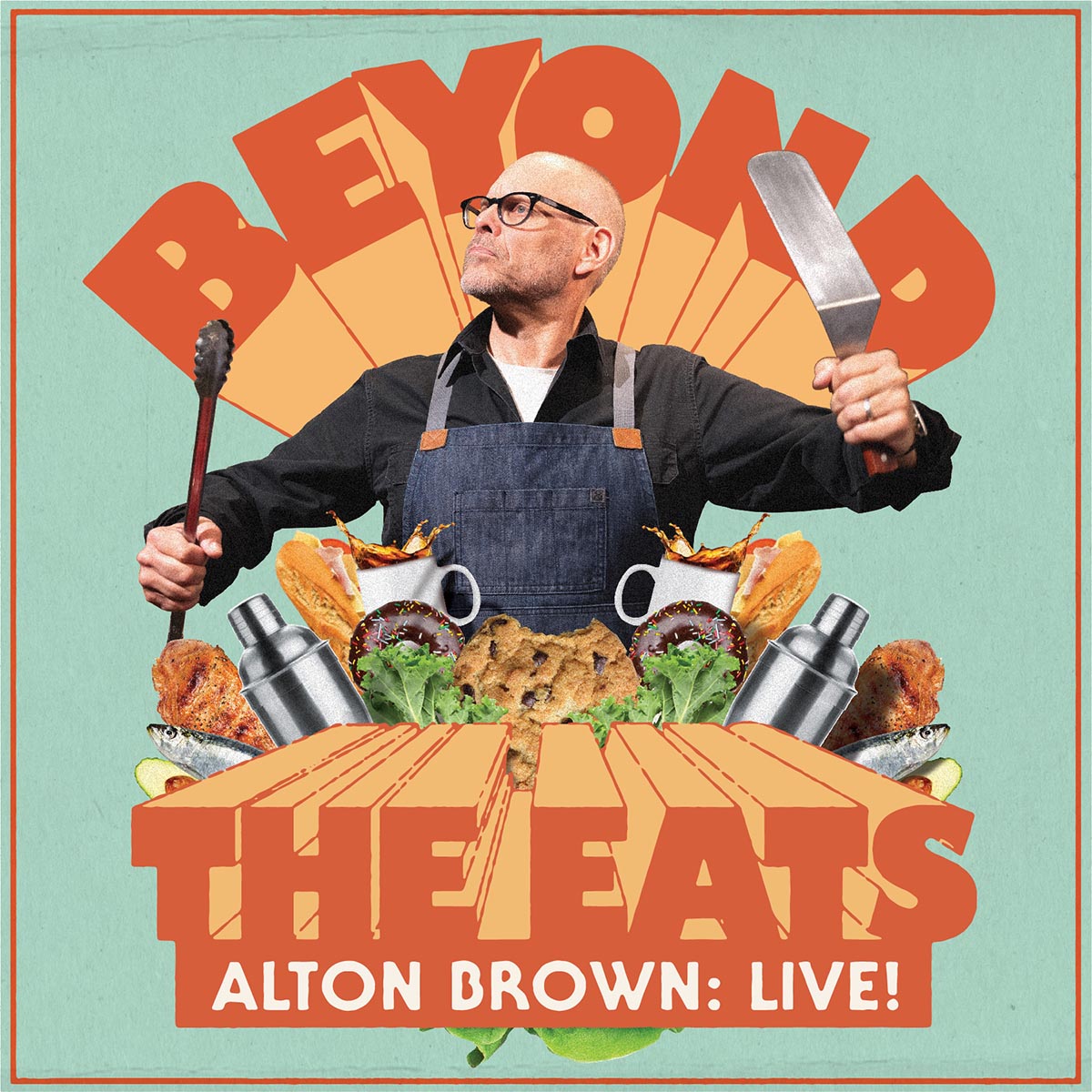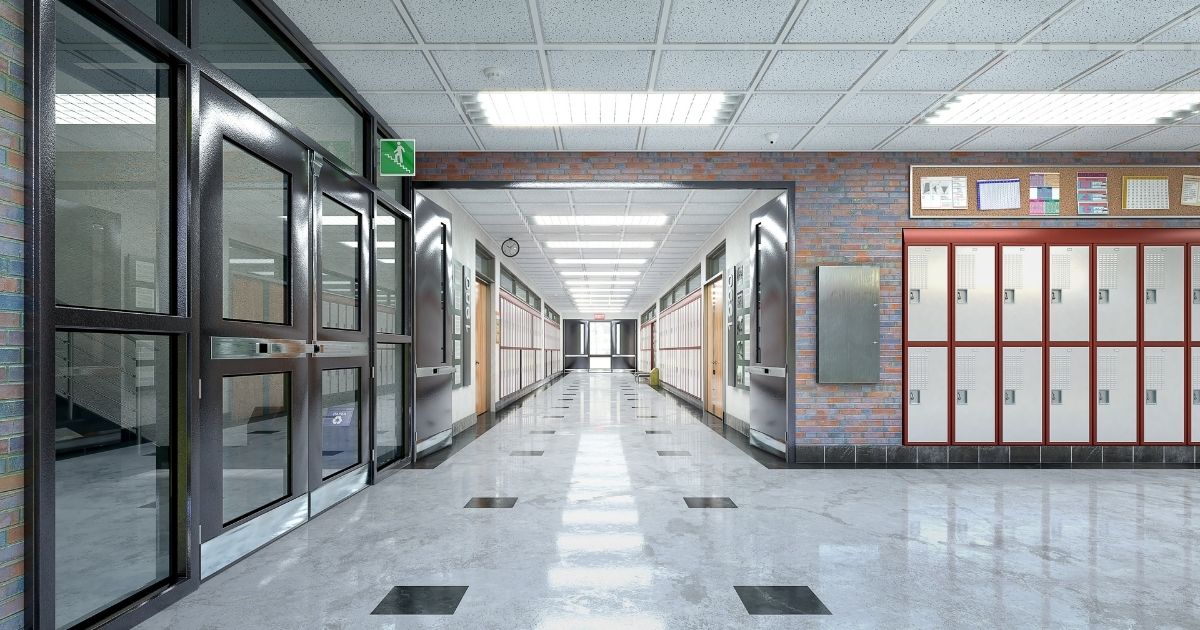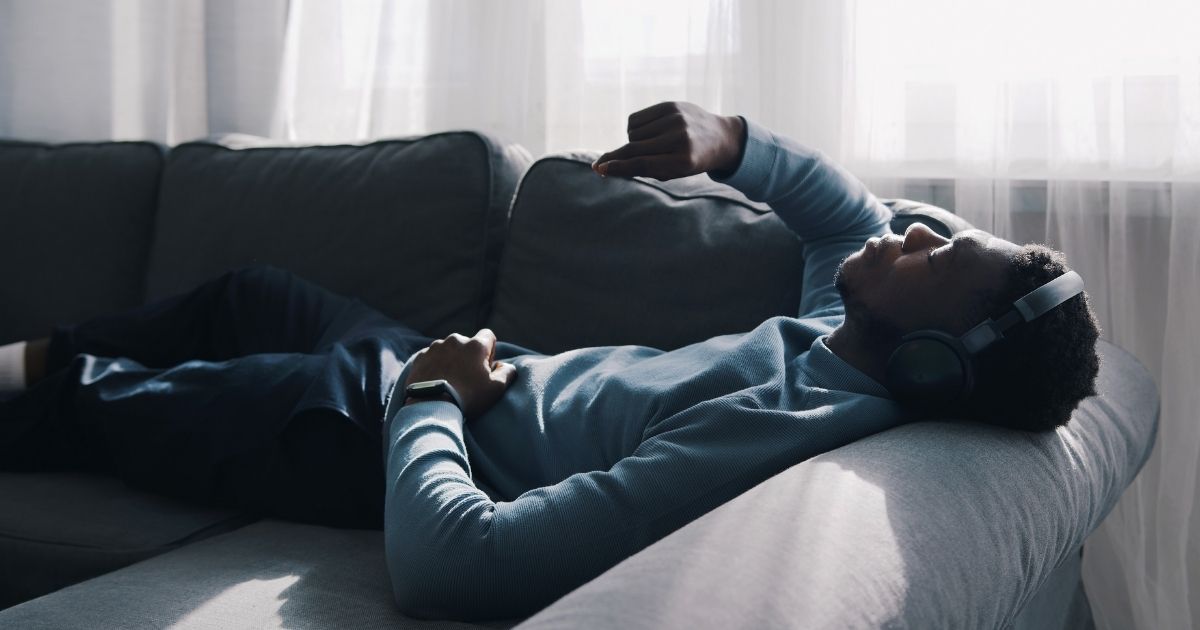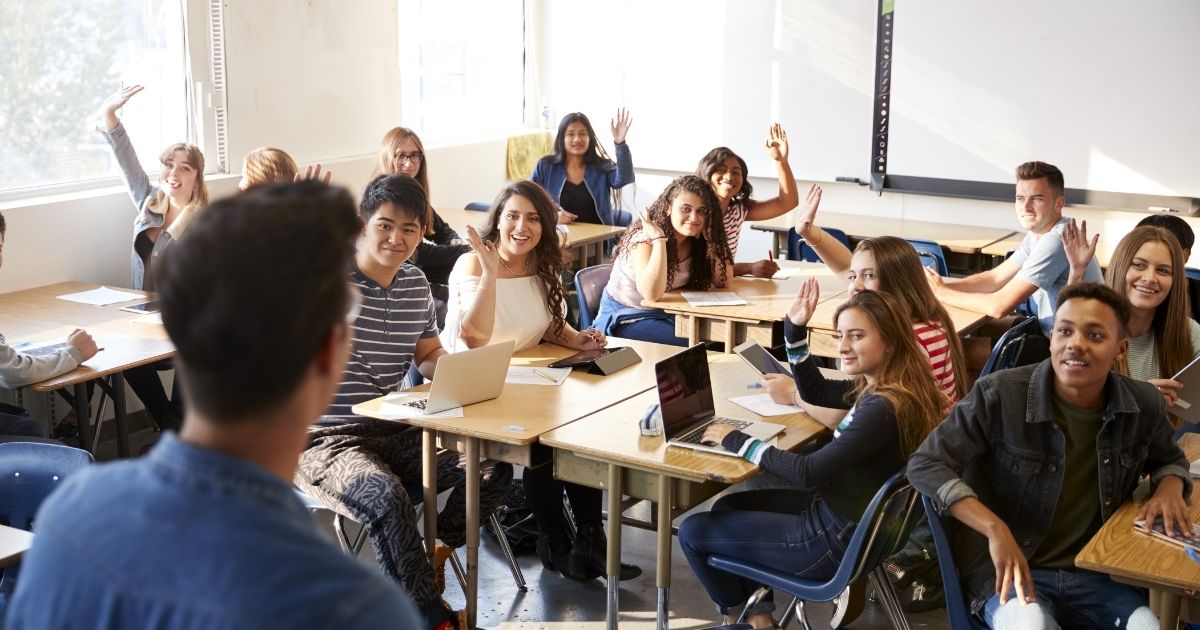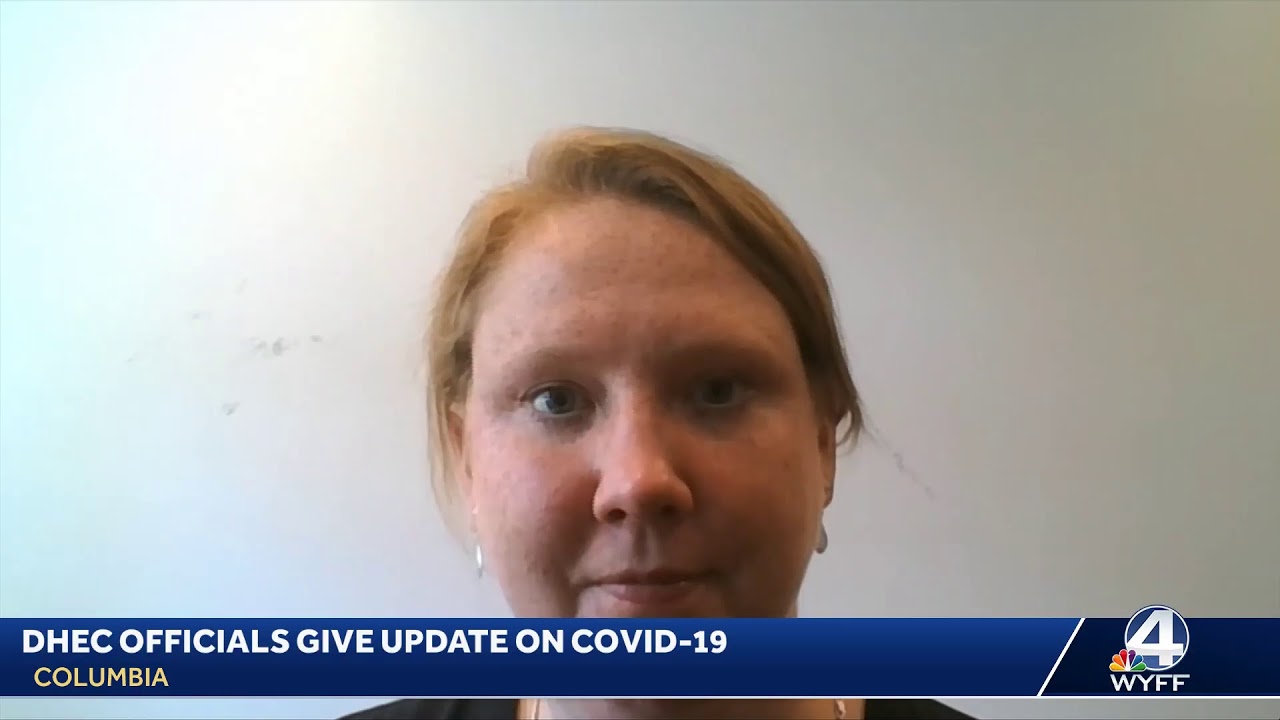Melissa Milligan
With the start of school around the corner, I had the opportunity to catch up with Presbyterian College’s Associate Professor of Music and Executive Director of Glow Lyric Theatre, Dr. Christian Elser.
With a career in education spanning from the early ’90s through the present, I couldn’t think of a better source to speak with about the uncertainties and challenges facing educators post-COVID 19, than him.
Educators are facing real challenges this coming year, we can all agree on that. Their concerns are not only about the logistics of returning, which include CDC recommended precautions, but personal risk factors of re-entering the classroom amid a pandemic.
I can only imagine the weight of this whole situation on the shoulders of our educators. When the school supplies start rolling out and August nears there is just something that sparks in the heart of a teacher. That spark is being dampened by Covid-19 this year. I know they are longing to get back to their classrooms. I know they want to do what is best for their students and fellow staff and faculty members. They want to get back to school, and they want to do it safely. Teachers are shifting formats, classes, and some are even shifting schools. Teachers who a year ago were secure in their classrooms are now being left in limbo while this whole situation is being sorted out. This uncertain and nerve-wracking wait is something all teachers and professors share equally—but what about the teachers and professors like Dr. Elser, who teaches a critical class in the arts and music programs that are deemed as “higher spread rate” classes?
Dr. Elser explains that while most classes can be switched to a virtual format not all classes make the transition smoothly and this is having a devastating impact specifically on the arts and arts education programs.
“One on one virtual online instruction is possible for individual singer and instrumentalist (albeit not ideal), but virtual choral or instrumental ensembles are impossible due to the asynchronous time lag endemic to any online video conferencing system (Zoom, Skype, Google Meet etc).”
The fancy choir videos we see (and are amazed at their talent and timing), he explained to me were products of many hours of editing individual contributions to give you that dynamic result. Many well-meaning people have brought up this option to Dr. Elser in recent days, so much so that at this point he’d be a rich man if every time he heard this he was given a dollar. Virtual choirs are just not a practical option with the technology that we have at this time.
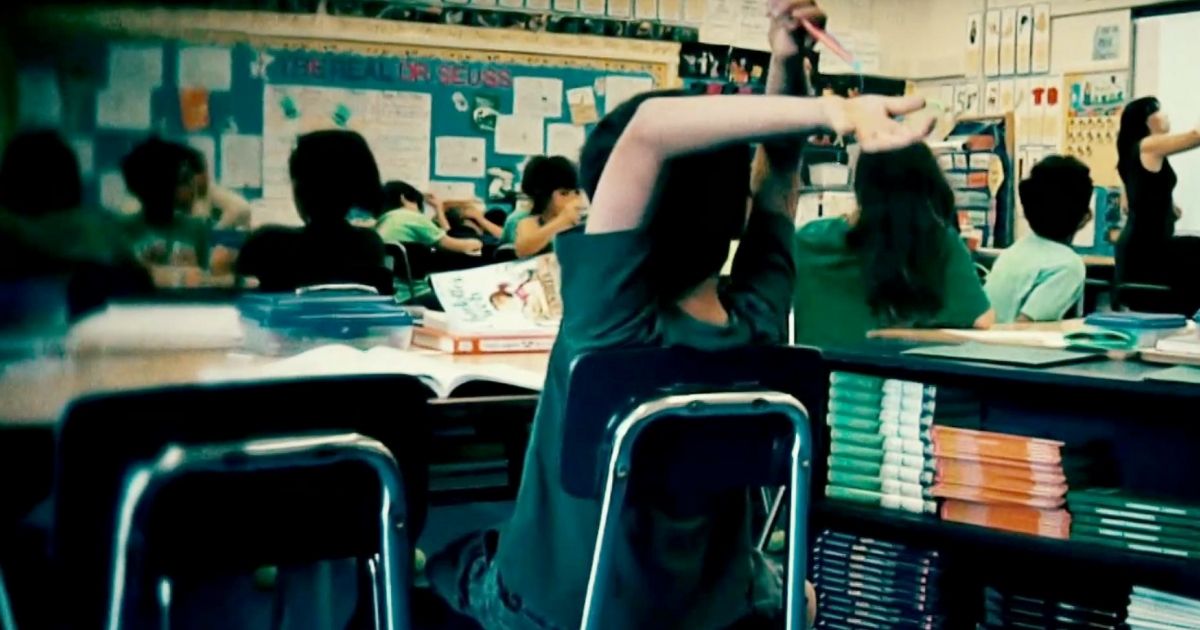
Greenville County Schools Offer Updates via Facebook Live & New 2020 School Roadmap
Some programs have taken to cutting their arts programs and are allocating resources elsewhere due to the direct impact singing and related arts have with the increased exposure rate for those in close contact. Singing with masks? —well, that doesn’t work well at all nor does it work well for musical theatre or drama. As of now, many of these programs are on hold and are subject to the decisions that will be handed down to them by their school officials. A majority of these decisions, unfortunately, will be made without the input of faculty members or students.
Virtual Learning Proved Challenging
Ideally this Fall, Dr. Elser is hoping an online option will continue, though he admits it isn’t ideal. He found with the end of last year as they transitioned over to a virtual format, students faced several challenges:
- Had their study time disrupted
- Were under added pressures of family situations (many parents out of work, students caring for family members, etc.)
- Experienced a lack of access to resources (that they had on campus),
- Did not have a reliable internet connection
- Had serious difficulties with asynchronous virtual instruction
“It’s not ideal for anyone, but it beats nothing- and it certainly beats illness or death.” Dr. Elser stated. I would have to completely agree with his assessment of the whole situation.

Greenville County Schools Respond to Gov. McMaster’s Plan for Re-opening Schools
Our Teachers Face Some Very Tough Decisions
I believe teachers are caught between a rock and a hard spot. After speaking to Dr. Elser about the concerns he has about heading back to the classroom, it is clear teachers and school employees face many concerns. Not only are they taking risks personally entering these settings, but they risk bringing it home to their families. He also mentioned that many staff and faculty members are middle-aged and older—some with underlying health issues.
Is the risk worth it?
Is the risk worth it? This is something all teachers have to be mindful of when choosing to go back. As for Dr. Elser’s approach to the return? He says, “I will endeavor to use the best available data to make the appropriate decisions about how and where to return to work when the times comes.”
While PC is slated for an August 17, return to class date, as with most other school systems and colleges there is the “subject to change clause” as we continue to see COVID numbers rise.
To those who bear the titles of “teacher” and “professor”, we admire you for your front line contributions in educating our children, especially during these unprecedented times. You don’t just teach, you touch lives that impact our world. You are not merely necessary for the success of your students, you are essential to their educational experience. Just like the influence of a great teacher can never be erased, the lack thereof can never be fully mended either. Here’s to getting you back to doing what you do best, the safest way possible!
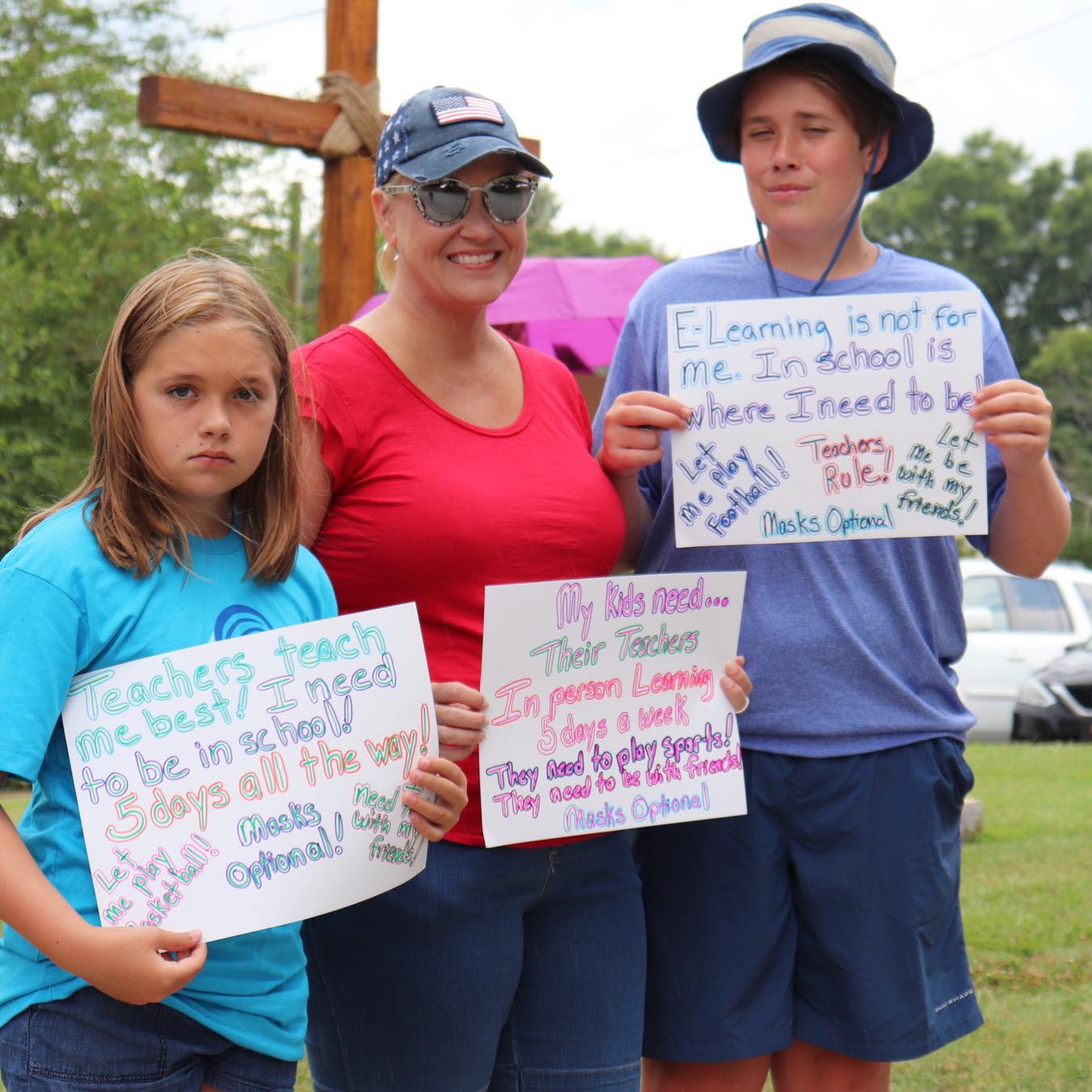
Four Perspectives on Today’s Return to School Rally
NYU professor Scott Galloway predicts hundreds of universities will shutter, possibly for good, if they reopen in the fall
Related Articles
[catlist name=”kids”]

